The Allure of Immortality: An American Cult, a Florida Swamp, and a Renegade ProphetLyn Millner “Brilliantly written and strangely moving. Millner has resurrected the lost history of a cult devoted to a utopian vision as pure as it was outlandish.”—Steve Almond, author of God Bless America: Stories
“A fascinating look at the American search for meaning and ultimate answers. Millner writes with grace and makes history an adventure.”—Dan Wakefield, author of New York in the Fifties
“Teed may have wanted a shiny new world, but what Millner provides is a guide to an old lost one, a picture of a vanished century when science, religion, journalism, and social movements collided in an unending, and totally fascinating, brawl.”—Madeleine Blais, author of In These Girls, Hope is a Muscle
“Those seeking an understanding of what makes otherwise sensible individuals willing to give up everything in service of the apparently outlandish notions of a charismatic true believer like Teed will find this carefully researched volume satisfying and memorable.”—Les Standiford, author of Last Train to Paradise: Henry Flagler and the Spectacular Rise and Fall of the Railroad that Crossed an Ocean
“A riveting tale of a long-neglected part of Florida’s history. Written with style and panache, this well-researched book is a terrific read.”—Susan and Martin Tolchin, coauthors of Pinstripe Patronage: Political Favoritism from the Clubhouse to the White House and Beyond
“Millner’s marvelous chronicle of the peripatetic and resolute Koreshans is provocative, intriguing, and so much stranger than fiction. You may pause, you may shake your head, you may throw up your arms, but you will not put down this book until you’re done.”—John Dufresne, author of No Regrets, Coyote: A Novel
For five days in December 1908 the body of Cyrus Teed lay in a bathtub at a beach house just south of Fort Myers, Florida. His followers, the Koreshans, waited for signs that he was coming back to life. They watched hieroglyphics emerge on his skin and observed what looked like the formation of a third arm. They saw his belly fall and rise with breath, even though his swollen tongue sealed his mouth. As his corpse turned black, they declared that their leader was transforming into the Egyptian god Horus.
Teed was a charismatic and controversial guru who at the age of 30 had been “illuminated” by an angel in his electro-alchemical laboratory. At the turn of the twentieth century, surrounded by the marvels of the Second Industrial Revolution, he proclaimed himself a prophet and led 200 people out of Chicago and into a new age. Or so he promised.
The Koreshans settled in a mosquito-infested scrubland and set to building a communal utopia inside what they believed was a hollow earth—with humans living on the inside crust and the entire universe contained within. According to Teed’s socialist and millennialist teachings, if his people practiced celibacy and focused their love on him, he would return after death and they would all become immortal.
Was Teed a visionary or villain, savior or two-bit charlatan? Why did his promises and his theory of “cellular cosmogony” persuade so many? In The Allure of Immortality, Lyn Millner weaves the many bizarre strands of Teed’s life and those of his followers into a riveting story of angels, conmen, angry husbands, yellow journalism, and ultimately, hope. Suspended Animation: Pain, Pleasure and Punishment in Medieval CultureRobert Mills When Marsellus in the film Pulp Fiction asserts, "I'm gonna git medieval on your ass," we know that he is about to bring down a fierce and exacting punishment. Yet is the violence of the Middle Ages that far removed from our modern society? Suspended Animation argues that not only is the stereotype of uncontrolled violence in the Middle Ages historically misleading, the gulf between modern society and the medieval era is not as immense as we might think. In fact, both medievals and moderns live within a social tension of "suspended animation" engendered by images and acts of violence.
Just as in medieval times, Robert Mills argues, it is the threat of violence—not the reality—that continues to structure our lives. To illustrate this "aesthetics of suspense," Mills draws on extensive and disturbing examples from medieval iconography, contemporary philosophy, and even pornography, ranging from the vivid depictions of Hell in Tuscan frescoes to Billie Holiday's famously wrenching song "Strange Fruit". Mills reveals how these uncomfortable images and texts expose a modern self-deception, and he further explores how medieval images evoked a pleasure revealingly close to that found in modern depictions of sexuality. Suspended Animation also makes a fresh contribution to theoretical debates on pre-modern gender and sexuality. Mills's comprehensive analysis demonstrates that—as wartime prisoner abuse incidents at Abu Ghraib and Guantánamo Bay have recently indicated—our notions of ourselves as not-medieval (that is, civilized) not only fail to prepare us for modern torture and warfare but also lead us into complicity with self-proclaimed moral and civic leaders.
Whether considering a medieval painting of a Christian martyr or the immense popularity of grotesque historical tourist attractions such as the London Dungeons, Suspended Animation argues that images of death and violence are as pervasive today as they were in the Middle Ages, serving as potent reminders of the link between the modern and the medieval era. The American Way of DeathJessica Mitford Before the turn of the century, the American funeral was simple "to the point of starkness," says Jessica Mitford, the acclaimed muckraking journalist who published this investigation of the country's funeral business in 1963. That the country went on to develop a tendency for gross overspending on funerals Mitford puts down to the greed and ingenuity of undertakers, whom she regards as salesmen guilty of pressuring families into agreeing to their excessive standards for burial. | The Knife ManWendy Moore The vivid, often gruesome portrait of the 18th century pioneering surgeon and father of modern medicine, John Hunter.
In the gothic horror story, Dr Jekyll and Mr Hyde, the house of the genial doctor turned fiend is reputedly based on the home of the 18th century surgeon and anatomist John Hunter. The choice was understandable, for Hunter combined an altruistic determination to advance scientific knowledge with dark dealings that brought him into daily contact with the sinister Georgian underworld. In 18th century London, Hunter was a man both acclaimed and feared.
John Hunter revolutionized surgical practice through his groundbreaking experiments. Driven by an insatiable curiosity, he dissected thousands of human bodies, using the knowledge he gained to improve medical care for countless patients, including some very illustrious people, Joshua Reynolds and Lord Byron among them. He was appointed Surgeon Extraordinary to King George III.
In The Knife Man, Wendy Moore unveils a world characterized by hangings at the Tyburn Tree, by gruesome expeditions to dank churchyards, and by countless human dissections in attic rooms — large sums were paid to body-snatchers for stolen corpses which were delivered to his back door.
Meticulously researched, The Knife Man is a fascinating portrait of a scientist determined to haul surgery out of the realm of superstition and into the dawn of modern medicine. Useful Work v. Useless ToilWilliam Morris Visionary English Socialist and pioneer of the Arts and Crafts movement, William Morris argued that all work should be a source of pride and satisfaction, and that everyone should be entitled to beautiful surroundings - no matter what their class. Throughout history, some books have changed the world. They have transformed the way we see ourselves - and each other. They have inspired debate, dissent, war and revolution. They have enlightened, outraged, provoked and comforted. They have enriched lives - and destroyed them. Now Penguin brings you the works of the great thinkers, pioneers, radicals and visionaries whose ideas shook civilization and helped make us who we are. |
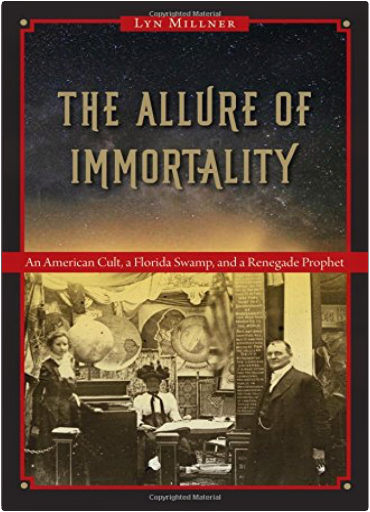
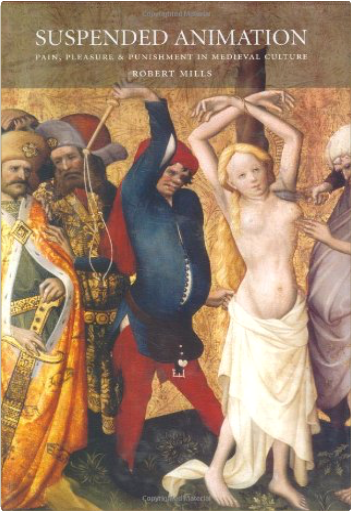
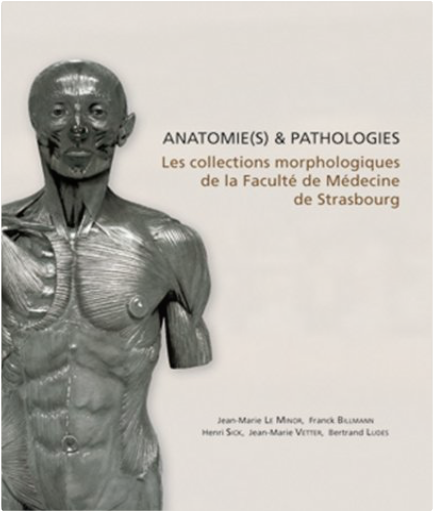
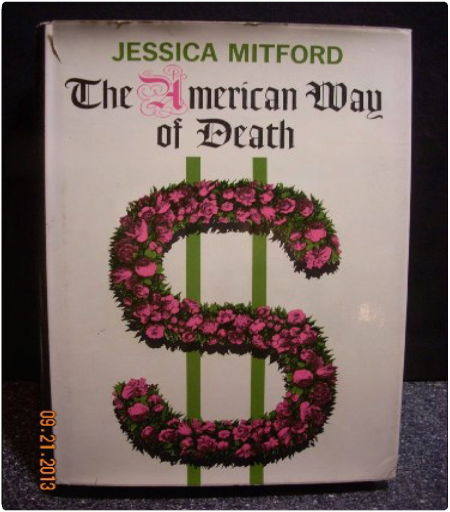
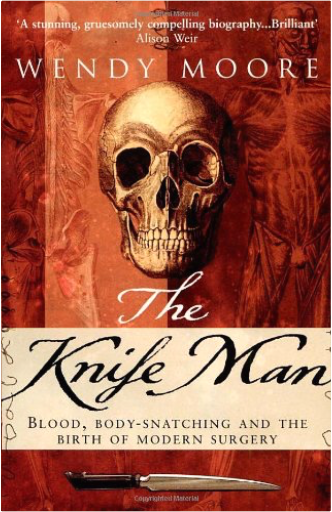
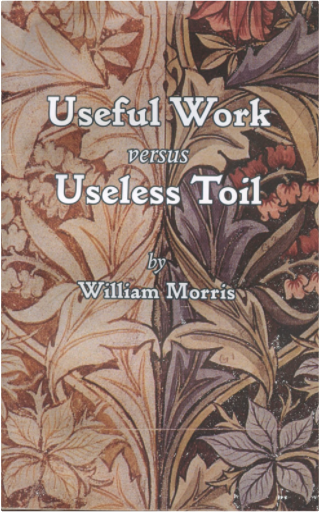


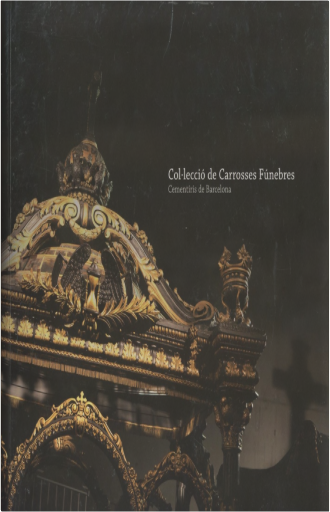
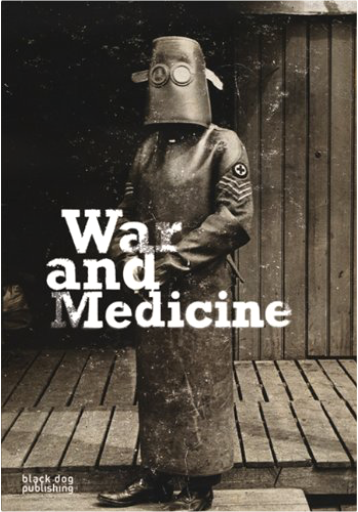
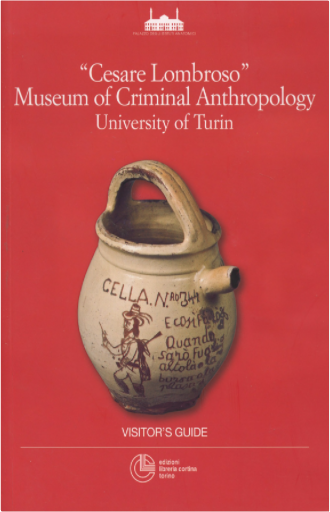
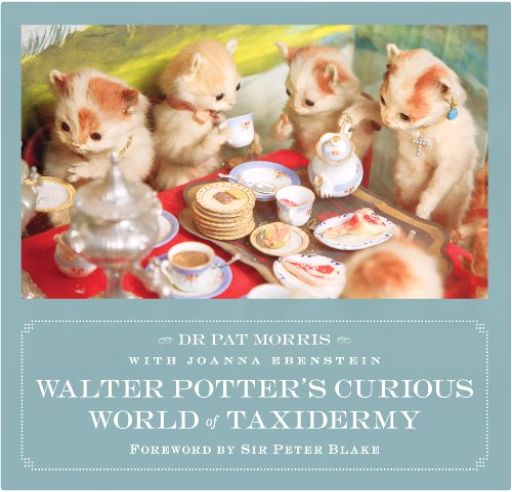
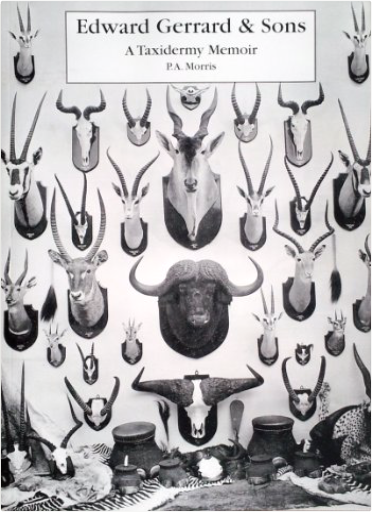
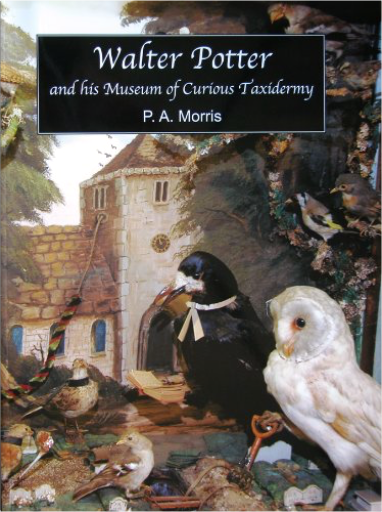
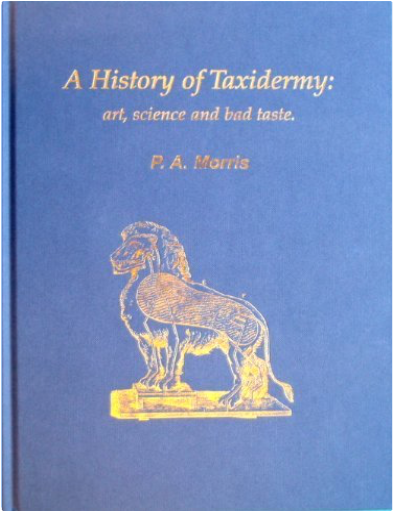
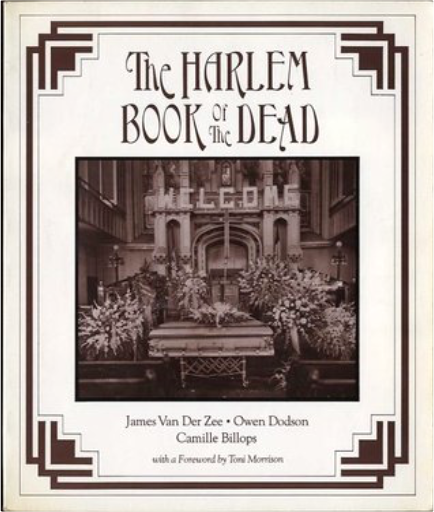
 Made with Delicious Library
Made with Delicious Library